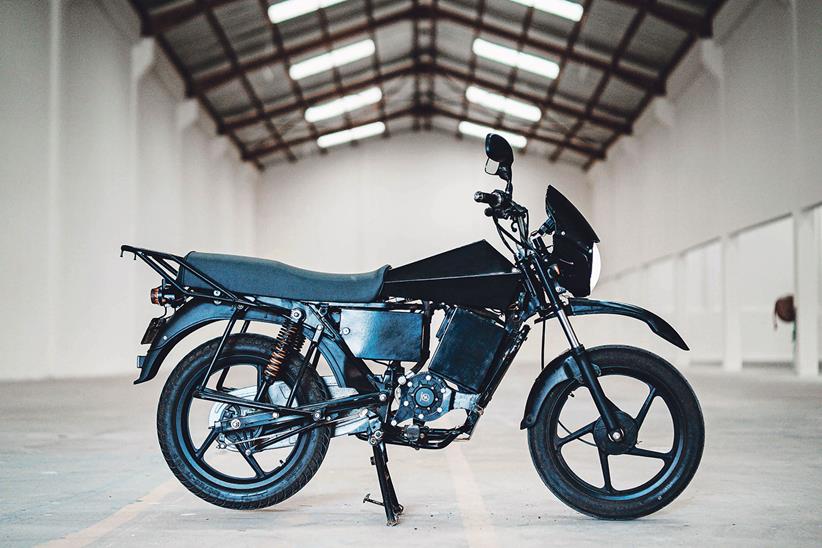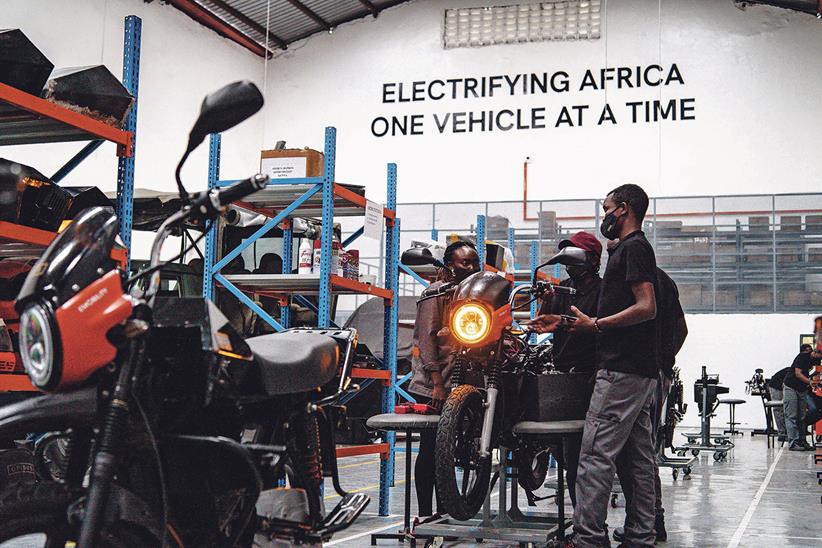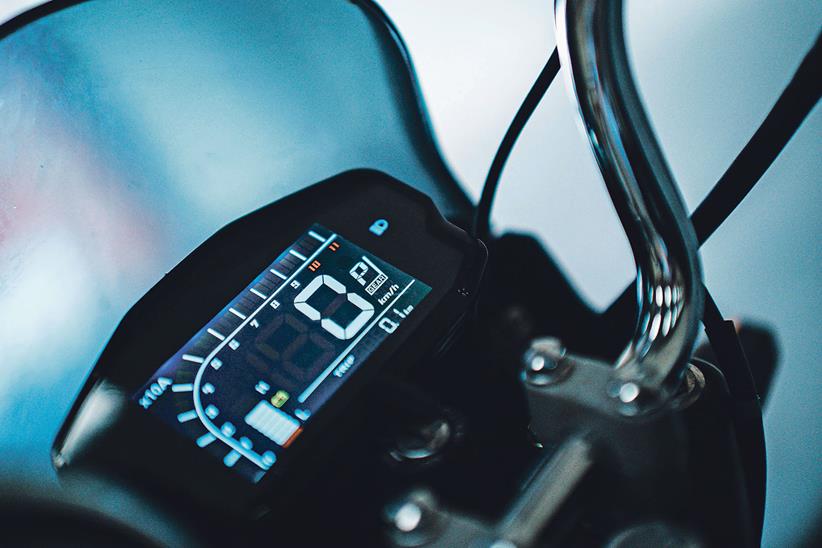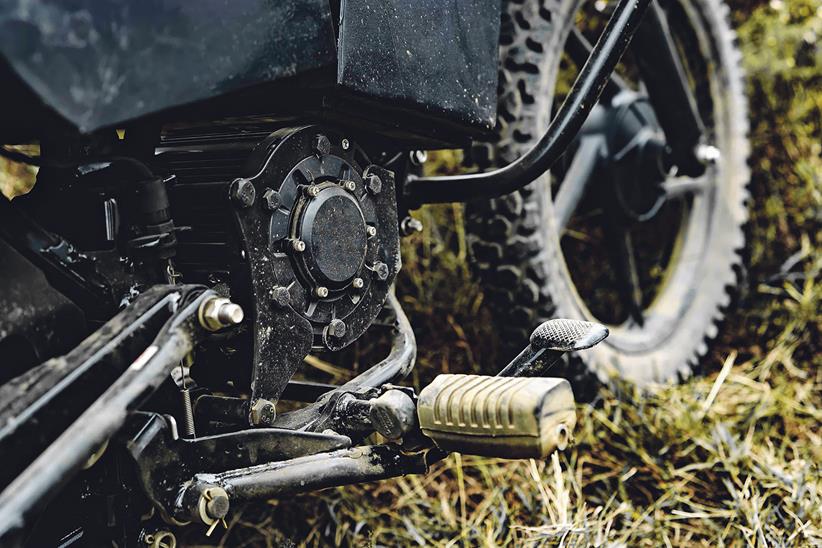Kenyan-built Opibus expected to cost under a grand
This rugged two-wheeler might not win any beauty contests but it could change the world by being the first electric bike built in Africa with the idea of being so affordable and practical it could transform local transport.
It’s been created by a pioneering company called Opibus and is the result of a research project by one of Sweden’s top universities. It’s being developed and built in Kenya and is expected to cost $1300 (or about £960) when it goes on sale next year.
Related articles on MCN
And, with a claimed range of up to 200km (125 miles) and a top speed of 90kph (56mph) – yet, with running costs half that of conventional petrol bikes, it has the potential to make a huge impact.
Opibus were set up in 2017 in Sweden with a mission to create new electric mobility solutions for emerging markets.
An HQ was then established in Kenya, chosen as it is not only the fastest growing nation in sub-Saharan Africa but because it already imports a high number of used petrol/diesel vehicles.
Opibus’s first products were electric conversions of conventional 4x4s, such as the Toyota Land Cruiser and Land Rover Defender, which are already on sale, followed by electric bus conversions.
Now the company have unveiled their first electric motorcycle which, instead of being a conversion, is an all-new design.
Among its key features are two large removable batteries to ensure minimal downtime. Instead of recharging, batteries are simply swapped at charging stations.
The layout of the bike is rudimentary and robust to make it as affordable and practical as possible – the twin shock rear suspension and large seat, for example, is to allow a decent payload capacity of 150kg.
There is a slick digital display and an LED headlight, though, and the ability to recharge it from a domestic socket.
Opibus electric explored:
- Affordable design Flat-sided ‘tank’ (actually a lockable storage compartment) and simple design is all to make the Opibus as cheap as possible. Prices are set to start at under £1000.
- Minimal electronics 21st century technology is restricted to an off-the-shelf digital dash which displays remaining battery life, speed and more. You also get a low- draw LED headlight.
- Rugged practicality Twin shocks, large saddle and rack are all to maximise load-carrying practicality, mid-mounted motor and enclosed chain are for easy maintenance.
- Twin batteries Easily accessed, removed and recharged twin 2.9kw/h batteries are at the heart of the design, with the idea being to eliminate recharging down time.
- Performance Claimed peak power of 8650W (around 12bhp) and 185Nm (136lb.ft), is enough for a 56mph top speed and range, using two batteries, of 125 miles.








